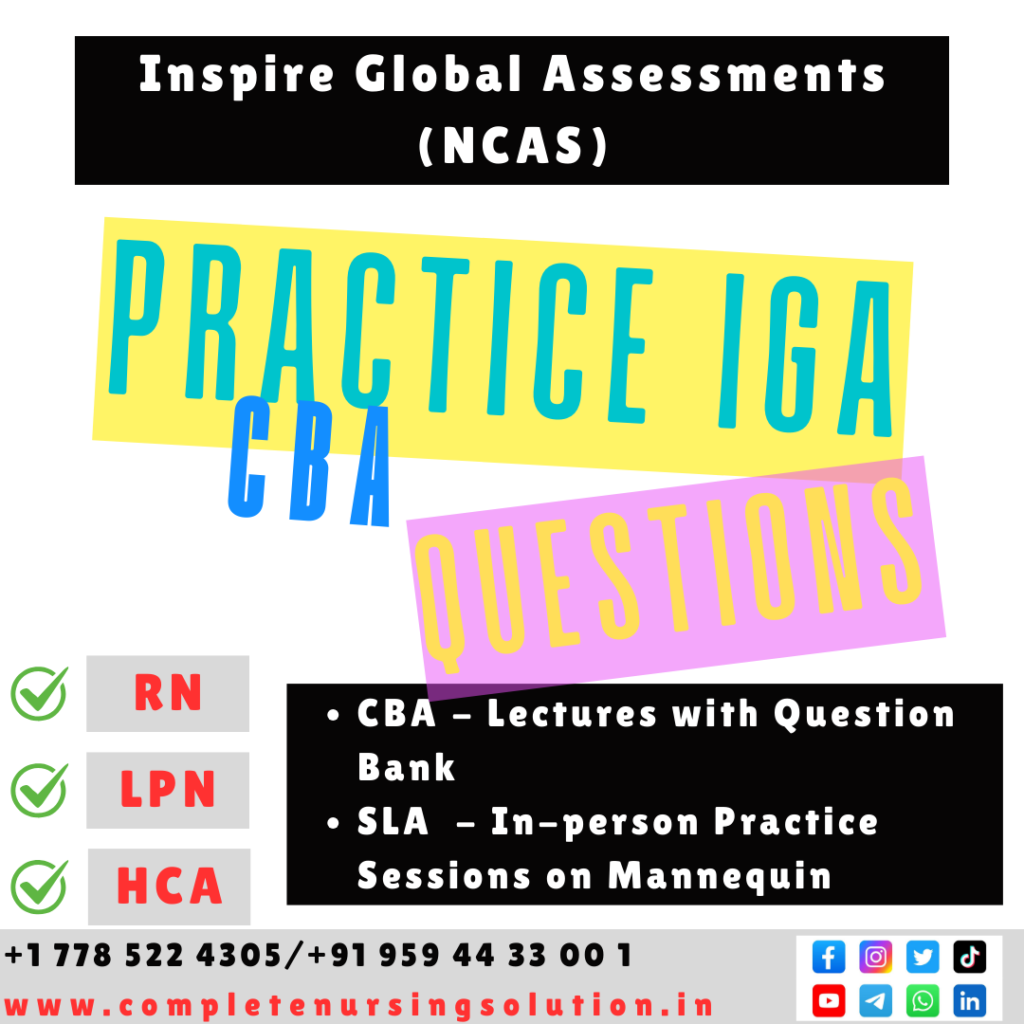Mitral valve regurgitation is the result of a disrupted papillary muscle(s) or ruptured chordae tendineae, allowing a backflow of blood from the left ventricle through the mitral valve into the left atrium. This backflow can lead to dilation of the left atrium, reduced cardiac output, and pulmonary edema. Clients are often asymptomatic but are instructed to report any new symptoms indicative of heart failure (eg, dyspnea, orthopnea, weight gain, cough, fatigue). This client should be assessed first due to possible heart failure, which would require immediate intervention.
(Option 1) Kidney transplant recipients are on an immunosuppressant regimen to prevent rejection of the transplanted organ, which can leave them susceptible to infections such as candidiasis (thrush) of the oral cavity.
(Option 3) The client with a spider bite is displaying signs and symptoms of infection, and further assessment is required to evaluate for conditions such as cellulitis. This client should be called second.
(Option 4) Clients with hypertension who develop sinus or nasal congestion have limited options for symptom relief. Decongestants containing a vasoconstrictor (eg, pseudoephedrine) can exacerbate hypertension.
Educational objective: Chronic mitral valve regurgitation is often asymptomatic, but many clients eventually develop heart failure; therefore, early recognition of symptoms is a priority. Mitral regurgitation causes a backflow of blood from the left ventricle to the left atrium, resulting in pulmonary edema (eg, dyspnea, orthopnea) and decreased cardiac output (eg, fatigue). Left atrial enlargement can also result in atrial fibrillation (eg, palpitations)
Mitral valve regurgitation is the result of a disrupted papillary muscle(s) or ruptured chordae tendineae, allowing a backflow of blood from the left ventricle through the mitral valve into the left atrium. This backflow can lead to dilation of the left atrium, reduced cardiac output, and pulmonary edema. Clients are often asymptomatic but are instructed to report any new symptoms indicative of heart failure (eg, dyspnea, orthopnea, weight gain, cough, fatigue). This client should be assessed first due to possible heart failure, which would require immediate intervention.
(Option 1) Kidney transplant recipients are on an immunosuppressant regimen to prevent rejection of the transplanted organ, which can leave them susceptible to infections such as candidiasis (thrush) of the oral cavity.
(Option 3) The client with a spider bite is displaying signs and symptoms of infection, and further assessment is required to evaluate for conditions such as cellulitis. This client should be called second.
(Option 4) Clients with hypertension who develop sinus or nasal congestion have limited options for symptom relief. Decongestants containing a vasoconstrictor (eg, pseudoephedrine) can exacerbate hypertension.
Educational objective: Chronic mitral valve regurgitation is often asymptomatic, but many clients eventually develop heart failure; therefore, early recognition of symptoms is a priority. Mitral regurgitation causes a backflow of blood from the left ventricle to the left atrium, resulting in pulmonary edema (eg, dyspnea, orthopnea) and decreased cardiac output (eg, fatigue). Left atrial enlargement can also result in atrial fibrillation (eg, palpitations)


![Boost Skills: NCLEX Daily Questions #12 [ays_quiz id="160"]](https://completenursingsolution.in/wp-content/uploads/2024/10/01-Nov.-NCLEX-Practice-Questions.png)
搭载智能站群程序,自动化搭建与管理,为SEO项目提供核心驱动力。站群程序
Thank you for your sharing. I am worried that I lack creative ideas. It is your article that makes me full of hope. Thank you. But, I have a question, can you help me?
phwin25 https://www.phwin25g.net